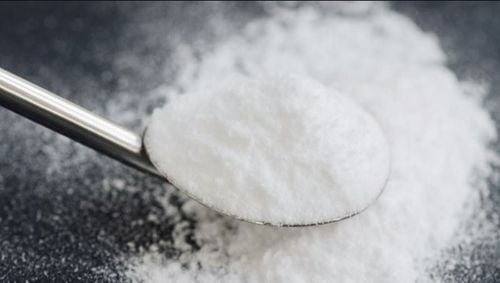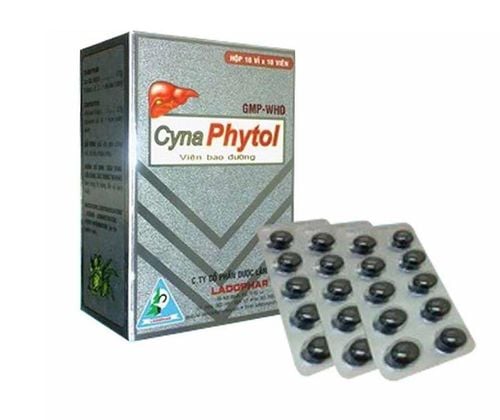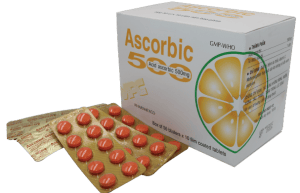This is an automatically translated article.
A healthy vegetarian diet will help you maintain a healthy body, reduce blood cholesterol and cardiovascular diseases, blood pressure. So how to be a successful vegetarian? Continue reading the following article will help you answer the question.
1. Characteristics of a vegetarian diet
Many people often think that a vegetarian diet will make the body not fully replenished with the necessary nutrients. But actually, a vegetarian diet is very diverse, you can choose from fruits, vegetables, beans and whole grains ... in your meals. The variety is endless, you can choose vegetarian options that are right for you, whether you want to be vegan or just a few meals a week.
In a vegetarian diet, you do not eat meat, poultry and fish. You can eat eggs and milk. If it's a vegan meal, you'll skip all animal-based foods, including eggs, milk, and cheese.
Although not using foods of animal origin, the body is still provided with the necessary amount of protein if you build a reasonable vegetarian diet. You need to make sure that you get enough calories from nuts, beans and whole grains, of which black beans, rice and salads are an example of a classic vegetarian meal.

Làm thế nào để ăn chay thành công là vấn đề nhiều người quan tâm
2. How to be a successful vegetarian?
“How to be a successful vegetarian?” is a matter of great concern. Accordingly, one of the ways to follow a vegetarian diet is to change up favorite recipes. For example, when meat dishes are favorites, look for vegetarian versions of those favorites. You can make a salad with spinach or tofu instead of ground beef. Some suggestions for vegetarian dishes are as follows:
Vegetarian Stuffed Peppers: Stuff bell peppers with a mixture of rice and vegetables. Instead of ground beef, use peanuts or veggie sausages incorporated in bell peppers. Vegetable omelette: Eggs are a rich source of protein for the body. On a vegetarian diet, it's easy to substitute vegetables for the ham and cheese in an omelet. You can try this recipe for carrots, mushrooms and spinach... Use eggplant in place of Chicken Parmesan: If Chicken Parmesan is a favorite, you can use thinly sliced eggplant in your dishes. substitute for chicken. Use Portobello mushrooms instead of meat: In burgers, you can replace grilled meat with grilled portobello mushrooms, combined with lettuce, tomatoes or cheese. The taste of the dish will not be inferior to that of a burger. Make a vegetarian hamburger: Instead of using meat in a hamburger, you can use a combination of vegetables, soybeans, grains... The dish helps to fully supplement the amount of protein and fiber needed by the body. . Using soy in vegetarian dishes: Soy products are a versatile source of protein for the body. They work well as a meat substitute. Soy is also found in most meatless sausages, Edamame...
3. Benefits of a vegetarian diet Besides how to be an effective vegetarian, what are the health benefits of a vegetarian diet is also a matter of great concern. Accordingly, a vegetarian diet does not contain animal products, so it is low in saturated fat and cholesterol. Many scientific studies have shown that vegetarians have a lower risk of cardiovascular diseases, type 2 diabetes. Vegetarians who add a lot of vegetables and fruits should be provided with antioxidant content such as lutein in broccoli, lycopene in tomatoes to help protect the body against the growth of cancer cells.

Ăn chay mang lại nhiều lợi íchđối với sức khỏe
In a vegetarian diet that includes milk, yogurt or cheese, you can get the calcium you need for strong bones. However, if you decide to go vegan without any dairy products, you'll need other sources of calcium. These include fortified soybeans, almond milk, orange juice, nuts, green vegetables, whole grains, tofu...
One thing to keep in mind for a vegetarian diet is the amount of vitamin B12 it provides. body. This vitamin is found only in some fortified foods and made from animals such as meat, eggs, dairy products... Low levels of vitamin B12 in the body can cause fatigue and muscle weakness. Therefore, if you are a vegetarian, you need to eat foods fortified with vitamin B12 or supplement through functional foods...
Besides, zinc is a mineral found in many vegetarian foods, but they not as well absorbed into the body as from meat. Therefore, you need to make sure you get enough zinc for your body through foods such as milk, cheese, whole grain bread, soybeans and legumes...
Iron is not only a mineral. found in red meat, but they also contain a lot of green leafy vegetables, tofu, cereals, fortified cereals... Similar to zinc, iron from plants is not as well absorbed as meat. Therefore, the solution is that you should eat iron-rich foods regularly and combine with foods with vitamin C to help the body absorb iron better. Besides vitamins and minerals, omega-3 fatty acids are fats that help lower blood pressure, improve heart health, and prevent age-related memory loss. Omega-3s come in two forms, and most of the health benefits are related to docosahexaenioc acid (DHA) – found mainly in fatty fish and fat-fortified foods like eggs. Therefore, in a vegetarian diet to ensure adequate supply of omega-3 essential for the body, you can use supplements containing many of the above acids such as flaxseeds, pumpkin seeds, and walnuts. dogs, canola oil... These are all good sources of alpha - linolenic acid (ALA) - a type of omega-3 beneficial for heart health.
Thus, a vegetarian diet offers many health benefits when you develop the right method. A healthy vegetarian diet will help you ensure a healthy body with lots of fiber, vitamins, magnesium, folic acid and unsaturated fats....
Please dial HOTLINE for more information or register for an appointment HERE. Download MyVinmec app to make appointments faster and to manage your bookings easily.
Reference source: webmd.com













